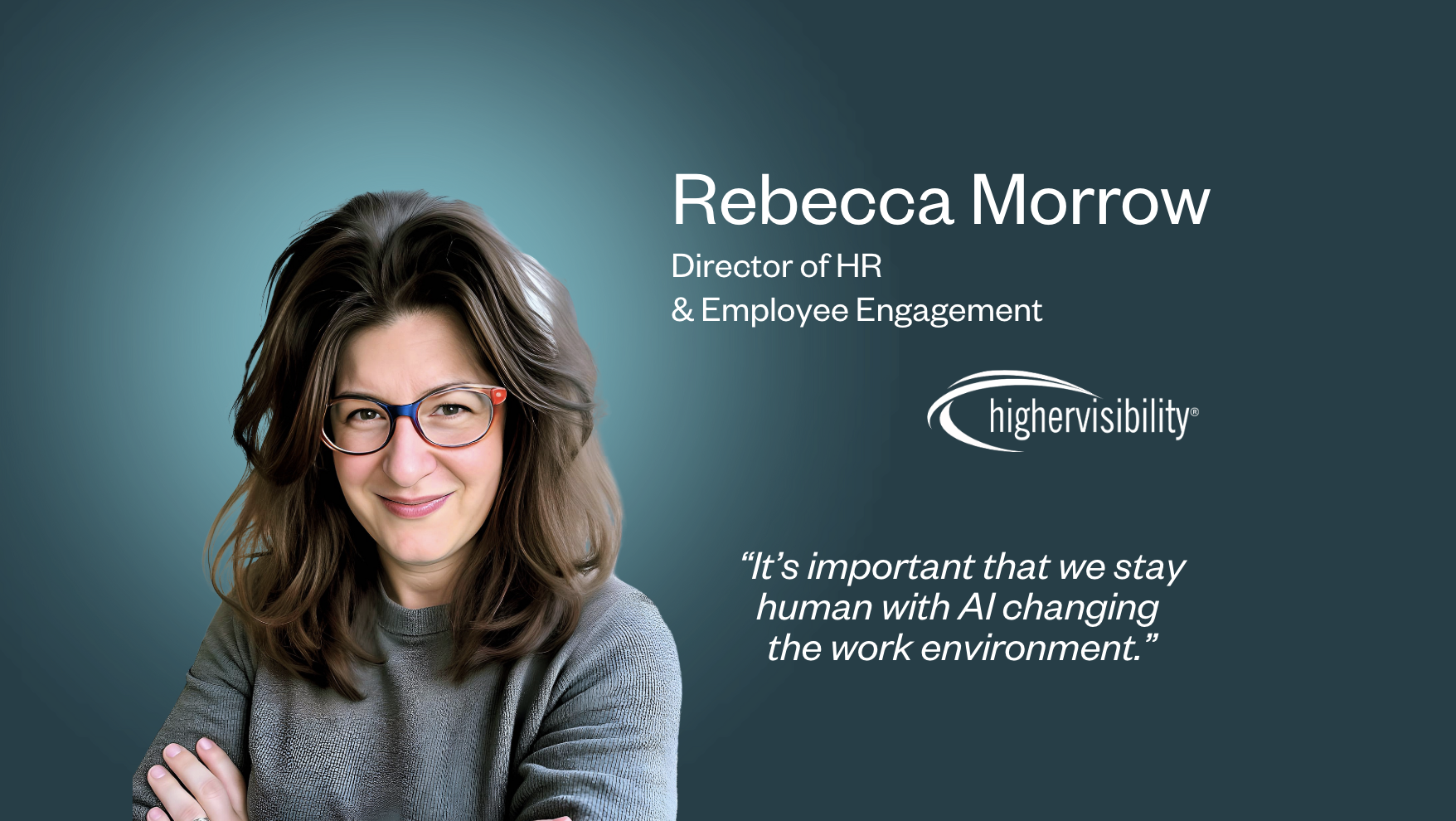In response to the uncertainties presented by Covid-19, organisations have transitioned to remote working. As a result, many companies struggle to find ways to maintain a cohesive culture and engaged team.
Gallup’s 2020 study showed that only 36% of employees in the US are engaged. This means employees “show up” at work but are less motivated or creative. Companies now must adapt to this new work environment to increase employee engagement.
With teams being remote, employees have limited opportunities for off the cuff interactions. This makes it harder to stay connected and engaged. However, there are a few creative ways to help remote teams get excited and motivated to perform at their best, even during tough times.
- Emphasise Connectedness
One-to-one check-ins and free flow team discussions can pave the way for social interactions and bonding times. This builds collaboration and engagement. To truly increase connectedness, these check-ins are opportunities to acknowledge employees and help create a space where they feel comfortable sharing their thoughts, ideas and concerns. - Appreciate and recognise efforts
Every employee deserves to feel valued and appreciated at work. When employees feel like they are cared for and their efforts are being recognised, they feel more motivated and engaged.
Not being in the same location means that there is less non-verbal communication which conveys most of our appreciation. This is why everyone has to make extra efforts to share their thoughts and express appreciation, even if it sometimes feels like over-communicating. Here, more is better! - Work-life balance is not a nice to have, it’s a must have
Glassdoor 2017 survey found that 87% of employees expect their company to be supportive of their efforts to balance work and personal responsibilities. The sudden transition to remote working has left employees feeling anxious, concerned and stressed. It is important for employers and leaders to empathise with these struggles. Teams should be encouraged to take breaks and pursue their personal interests alongside work. - Embrace transparency
In times of uncertainty, communication is key. Don’t talk only about wins, but also share vulnerabilities. Sharing information with employees and teams and being transparent about developments at work helps build trust and commitment. - Avoid working in silos
A 2017 Stanford study found that employees who worked collaboratively stuck to their tasks 67% longer compared to their peers who worked alone. They were also more engaged and successful. Remote working can be isolating. It makes collaboration and building relationships with team members difficult, and working independently seems easier in comparison.
However, this affects information sharing and priorities get misaligned. Creating opportunities where teams can have informal discussions and conversations helps reduce feelings of isolation and promotes a sense of belonging.
Remote working is the new normal. Organisations need to make it their mission to continuously adapt and respond to the changing needs of their teams. Prioritising engagement is a sure way to achieve growth, productivity and success.



